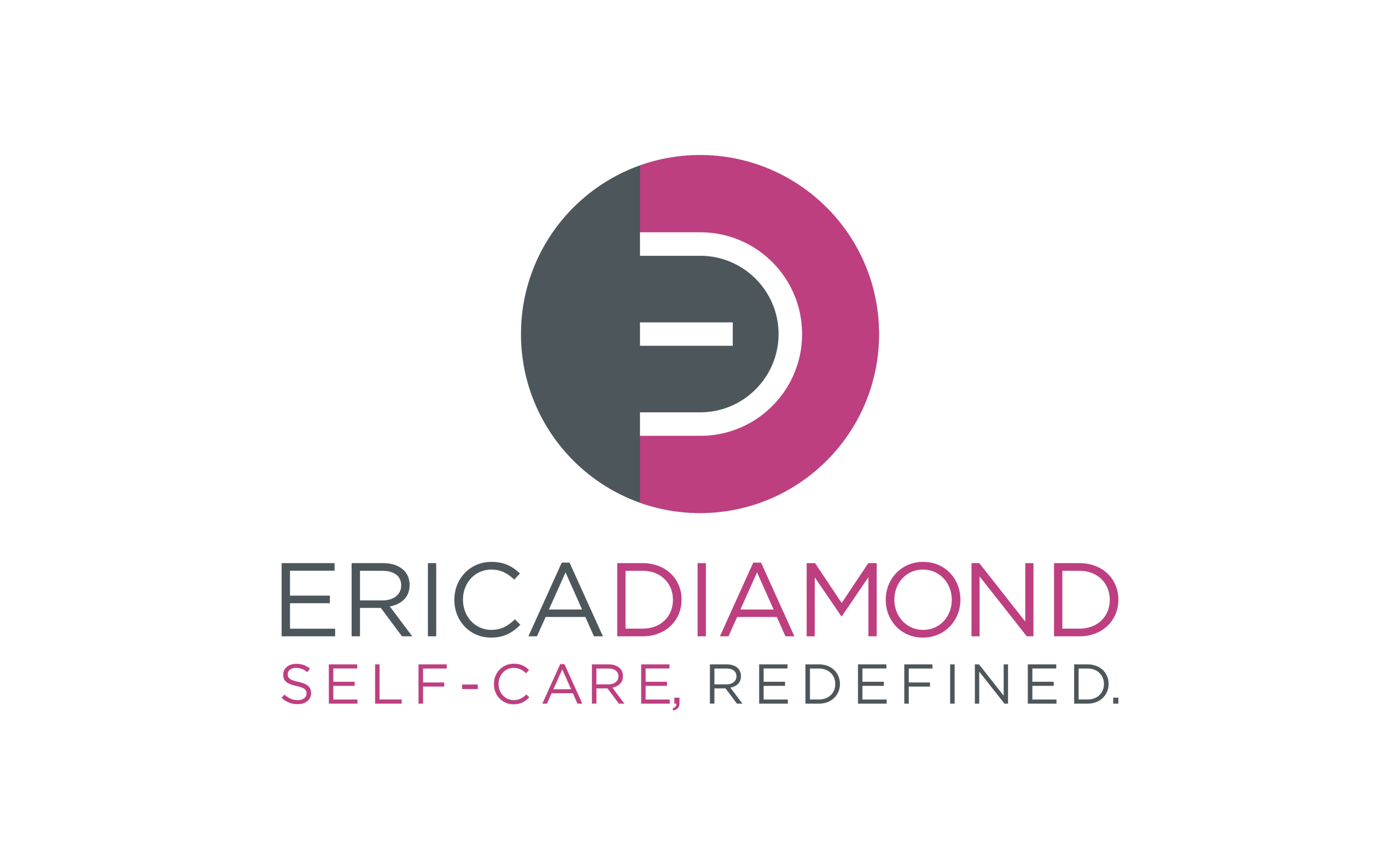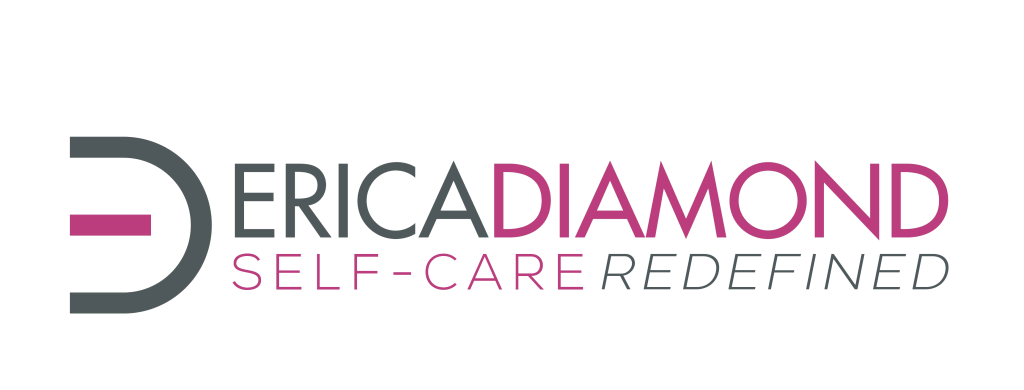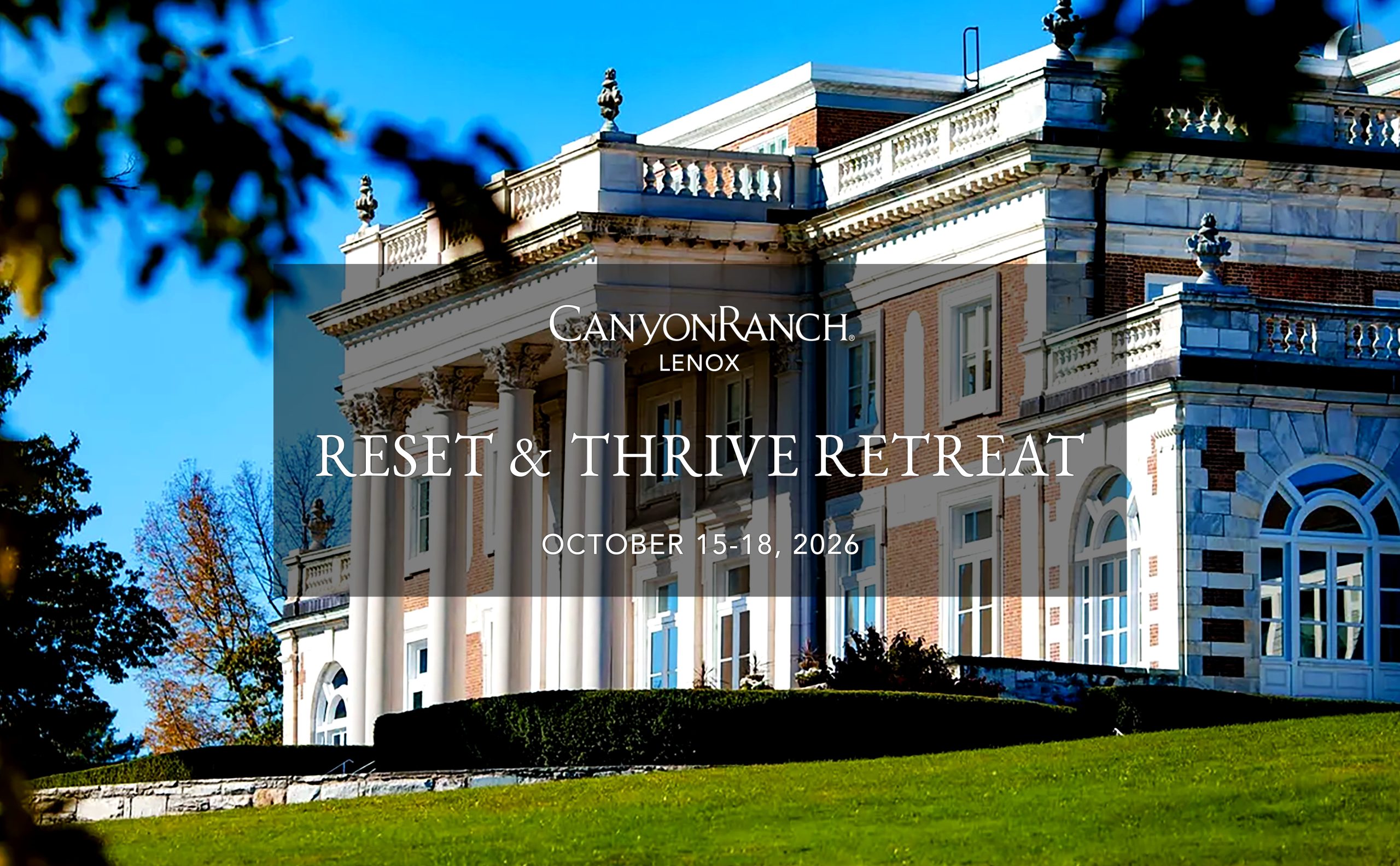
Self-care. It’s a phrase that’s become a cultural anthem, a “soothing” concept in an overworked, overstimulated world. From bubble baths to yoga retreats, we’ve been sold on the idea that these rituals are the cure-all for our stress, exhaustion, and burnout.
But what if I told you that the very concept of self-care has a dark side?
What if self-care is being weaponized against us?
In its original form, self-care was about preserving your mental and physical well-being. The term gained traction in the 1960s during the civil rights movement, a revolutionary act for those navigating immense stress and inequality. But today, self-care often feels less like a revolution and more like an industry—a $450 billion industry designed to profit off our insecurities.
Self-Care as a New Burden
A recent Harvard Business Review study on workplace wellness programs revealed a startling trend: when employees were encouraged to “practice self-care,” they often internalized their inability to avoid burnout as a personal failure rather than a systemic issue. Instead of addressing toxic workplace cultures, corporations shifted the burden of well-being onto the individual. I actually speak about this when I give corporate workplace wellness talks.
Think about it. Have you ever felt guilty for skipping a workout or eating a “bad” meal because it didn’t align with your self-care goals? That’s not self-care. That’s self-imposed pressure wrapped in a shiny bow.
The Illusion of Control
The wellness industry has also sold us the illusion that if we just try harder—meditate longer, journal more consistently, or buy the latest adaptogen-infused tea—we can conquer the chaos. But life is inherently chaotic. No amount of lavender-scented candles can eliminate the daily demands that deplete our reserves.
Research from the University of Sussex found that mindfulness practices, while beneficial, can backfire if participants are overwhelmed by the pressure to achieve that calm. Instead of feeling liberated, many reported feeling trapped by the expectation to always “be mindful” or “find their zen.”
The Path Forward: Authentic Self-Care
Real self-care is not a product you buy. It’s not a checklist you master. It’s a mindset, a recalibration of your boundaries, and a prioritization of what truly matters to you. It’s asking for help when you need it, saying no to obligations that don’t serve you, and accepting that imperfection is part of the human experience.
It’s also collective. The most meaningful forms of self-care are often acts of community care—reaching out to a friend or creating environments where everyone feels supported.
Let’s Redefine Self-Care
As someone who nearly burned out two decades ago, I can tell you this: self-care saved me, but not in the way you might think. It wasn’t just yoga and meditation. It was the courage to ask for help, to prioritize my needs unapologetically, and to create a life that felt aligned with my values.
So today, I challenge you to rethink self-care. Don’t let it become another item on your to-do list or a reason to feel like you’re falling short. Instead, let it be a radical act of self-preservation, free from the noise of an industry that profits from your perfectionism.
I’d love to know… what does authentic self-care look like for you? Share your thoughts—I’d love to hear them!





Hello Erica,
This is exactly what I have been endlessly ruminating about on self-care. You have just made me feel like I am not crazy for thinking exactly this. “Corporations shifting the burden of self-care onto individuals instead of dealing with Toxic workplaces.” We can now feel guilty about not being perfect since we seemingly have all the latest tools to fix ourselves, what am I not doing right…again. Wow, I just felt 1000 % better reading this. I might just have PTSD or hypochondria with the urgency to self-diagnosis by listening to actors simulating all of the potential issues, pick one and click on how to fix”….oops no time, must get back to work. Talk about being detached and lacking compassion in our corporations, they’re just looking to reduce head count. Time to shut down the computer and just go out for a walk with a friend. Thanks Erica for being REAL.
Love you.
Carolyn